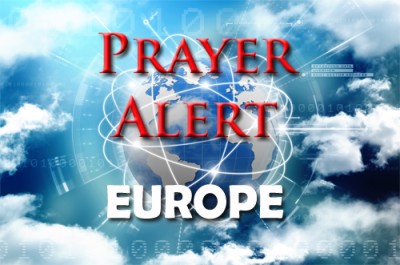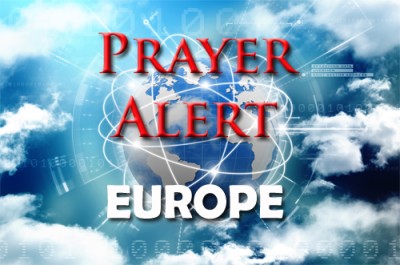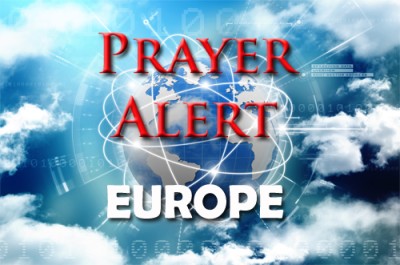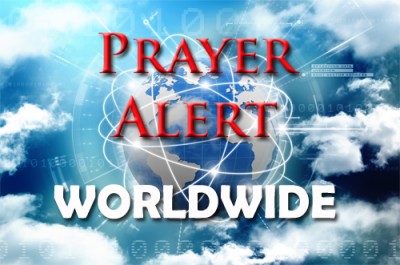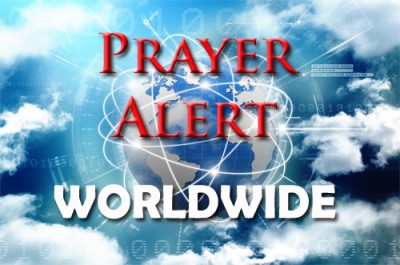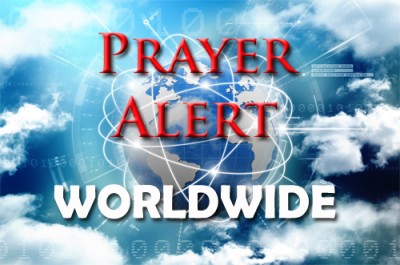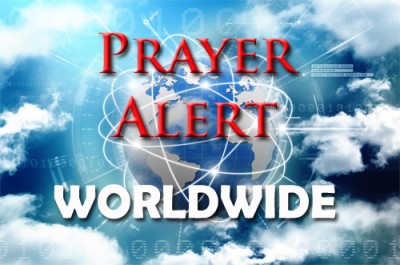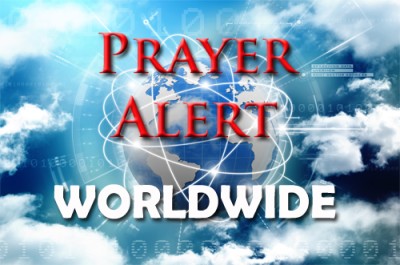North Korean soldiers are reportedly fighting alongside Russian forces in Ukraine, employing brutal, near-suicidal tactics. Western intelligence estimates up to 12,000 North Koreans have been deployed to Russia’s Kursk region since November, with 4,000 killed or injured. Ukrainian special forces describe the troops as relentless, often refusing to surrender and committing suicide with grenades to avoid capture. They are using strange warfare strategies, removing body armour for speed, executing frontal assaults, and even using fellow soldiers as bait to target attack drones. They leave behind propaganda-filled notes pledging loyalty to Kim Jong Un and condemning Ukraine. Despite extensive military training, they are struggling with modern warfare, particularly drone technology, leading to high casualties.
Giorgia Meloni has revealed she is under judicial investigation after her government released Libyan police officer Osama Elmasry Njeem, wanted by the International Criminal Court (ICC) for alleged crimes against humanity, including murder, torture, and rape. Njeem, detained earlier this month in Turin, was unexpectedly repatriated to Libya on an Italian aircraft two days after his arrest. The ICC has demanded an explanation, stating it was not consulted. Meloni, who now faces allegations of aiding a crime and misuse of public funds, has denied wrongdoing. Njeem is linked to Libya’s Special Defence Force (SDF), operating notorious detention centres implicated in atrocities during Libya’s post-Gaddafi civil war. His release has strained Rome’s relations with the ICC, which has recently expanded investigations into crimes in Libya. Opposition leaders are demanding further explanations in parliament.
A surge of ten thousand unexpected day-trippers overwhelmed the Italian ski resort of Roccaraso after viral social media posts promoted the area’s heavy snowfall. Influencer Rita De Crescenzo’s videos encouraged budget tour companies to offer cheap bus trips, drawing massive crowds. On 27 January, 220 tour buses and countless cars clogged the narrow roads, frustrating local residents and causing safety concerns. Chaos ensued on the slopes as visitors disregarded ski etiquette, used makeshift sleds like saucepans, and even lit barbecues. Authorities have since introduced crowd-control measures, including bus restrictions. Roccaraso’s mayor, describing the situation as ‘hellish’, fears that an even larger influx could arrive next weekend. Officials are now working with law enforcement to manage future crowds and prevent similar disruptions.
Iran: human rights activist faces execution
30 Jan 2025Humanitarian worker and Kurdish activist Pakhshan Azizi faces imminent execution in Iran after a Revolutionary Court sentenced her to death in July 2024. Her conviction is solely based on her peaceful humanitarian work, including aiding displaced women and children in northeast Syria. Despite allegations of torture, Iranian authorities failed to investigate her mistreatment. She was arrested in August 2023 alongside family members, who were later released on bail but sentenced to prison for alleged national security offences. Since her detention, she has gone on several hunger strikes in protest against Iran’s policies; in reprisal, authorities have denied her family contact and opened new cases against her. Iran has intensified executions, particularly targeting ethnic minorities like Kurds and Baluchis. Human rights groups warn that the Iranian regime is using the death penalty as a tool of repression, disproportionately affecting political dissidents and minority groups. To add your name to a petition for her release, go to
Fighting persists between the Congolese army and M23 rebels in Goma, in the east of the Democratic Republic of Congo (DRC), leaving control of the city uncertain. The M23, which according to the UN is supported by thousands of Rwandan soldiers, claims to hold the provincial capital, though Congolese authorities dispute this. Rebel patrols have been reported in western Goma, while Congolese forces are reportedly guarding the airport. With independent access to parts of the city restricted and communication infrastructure disrupted, reliable updates are scarce. The fighting has forced thousands of civilians to flee. The volatile region is rich in minerals that are critical to much of the world’s technology. Kenyan president William Ruto, describing the situation as ‘very complicated’, said that it could only be solved diplomatically: see
A spokesperson has confirmed China’s willingness to repatriate confirmed Chinese nationals from the USA, following escalating tensions over deportation cooperation. This came after Donald Trump had threatened sanctions and tariffs against countries refusing to accept deportees. Following threats of potential visa sanctions against Chinese officials if China continued its noncompliance, the USA has recently sent five charter flights to China with individuals believed to lack legal residency. Trump has declared illegal immigration a national emergency, taking measures to secure borders and limit pathways to citizenship. The number of Chinese citizens encountered crossing the US southern border without permission has surged in recent years.
Peru: Pope Francis dissolves Catholic movement
30 Jan 2025Pope Francis has dissolved the Sodalitium Christianae Vitae (SCV), a Peruvian-based Catholic movement, after a Vatican investigation exposed years of abuse by its founder, Luis Figari, and other leaders. The probe revealed sexual, spiritual, and financial abuses, along with misuse of church funds. The SCV, founded in 1971 as a conservative reaction to liberation theology, once had 20,000 members across South America and the USA. Victims accused Figari of sodomy, psychological abuse, and exploitation. After failed reforms, Francis ordered an investigation which uncovered systemic abuses. Figari and ten top members were expelled, but calls for reparations remain unanswered. Victims praised the dissolution as a step toward justice.
Donald Trump announced plans to sign an executive order directing the federal government to prepare the naval base at Guantanamo Bay, Cuba, to detain up to 30,000 migrants. He claimed the base already has the capacity to house ‘the worst criminal illegal aliens‘ and that this move would double detention capacity. This coincided with signing an act which mandates detention for undocumented migrants charged with certain crimes. The bill, Trump’s first major legislative victory in his second term, had passed Congress with bipartisan support. Guantanamo Bay has historically been used for detaining terrorism suspects and temporarily processing migrants. However, an official has denied that 30,000 beds are available, and said that the base lacks infrastructure for such a large influx. Meanwhile, the White House has rescinded a total funding freeze announced on 27 January, which had caused huge confusion. For an analysis of this decision, see
